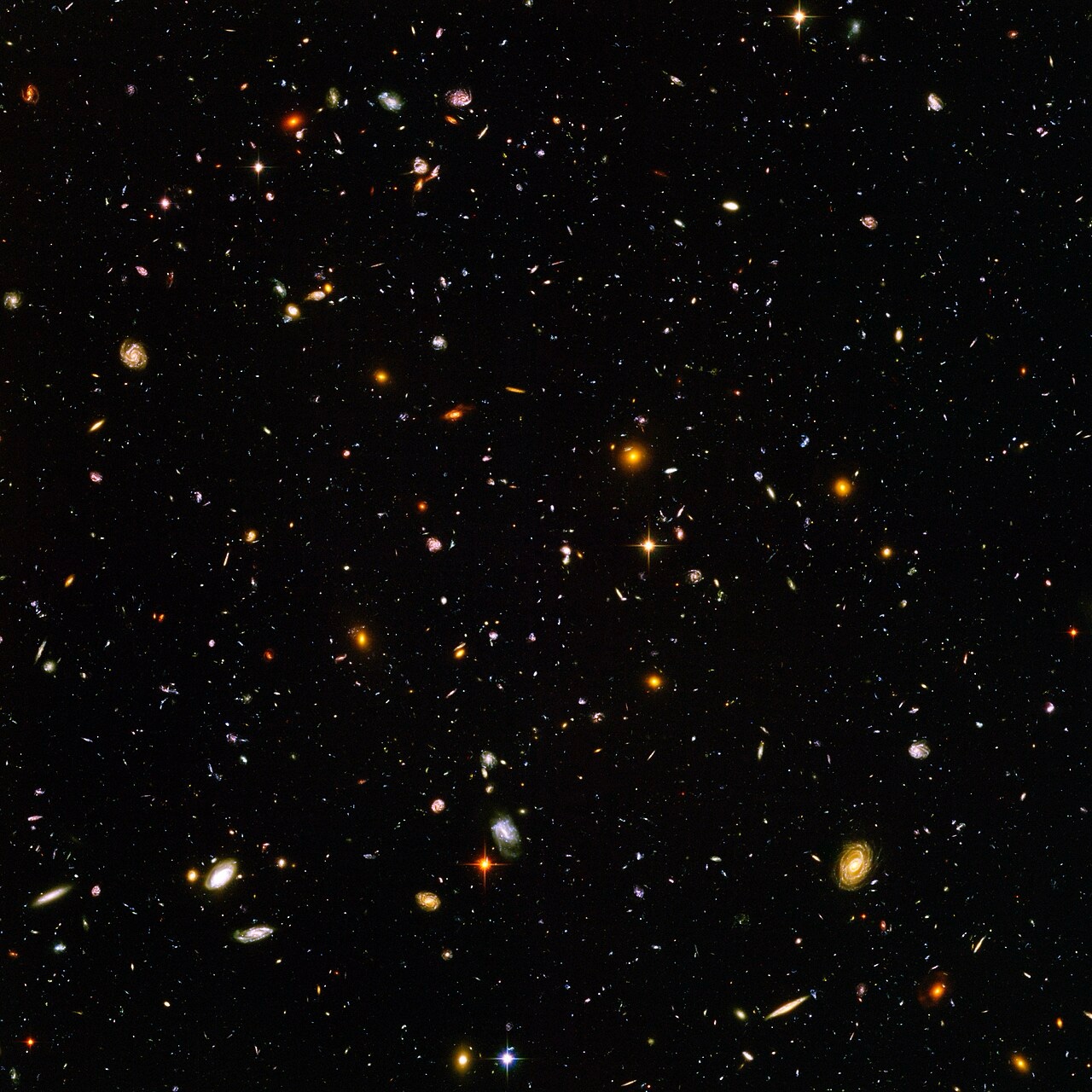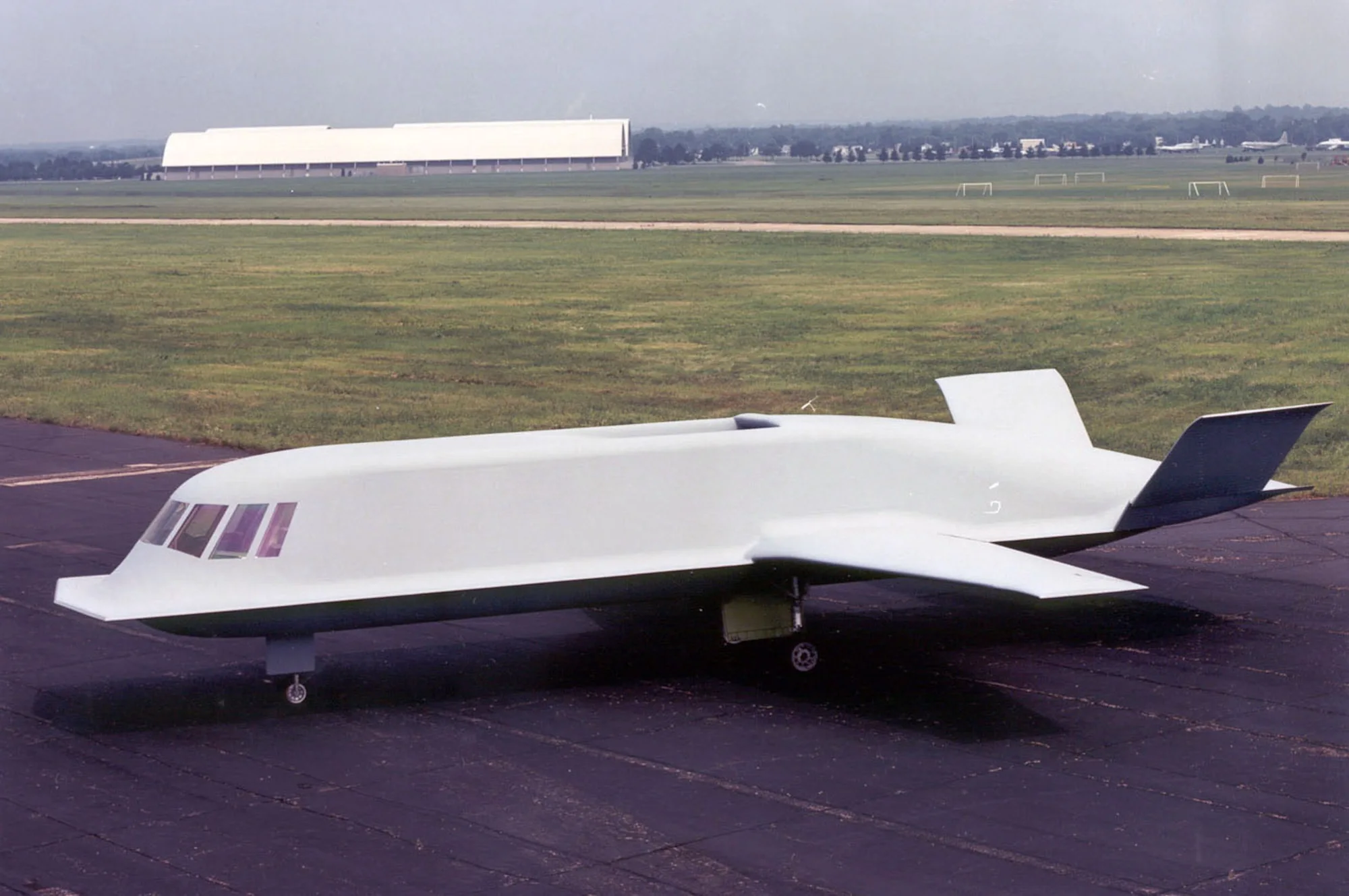What scientific fact blows your mind the most?
-
It’s so absurdly big. Our galaxy (the Milky Way) is estimated to have between 100 and 400 billion stars in it. For a long time we thought our galaxy was all there was, it wasn’t until 1925 when Edwin Hubble was able to prove that M31 was not a nebula or cluster of stars in our galaxy, but in fact an entirely different galaxy altogether that we realized there are more galaxies out there.
Look at the
 image. This was a taken by pointing the Hubble Space Telescope at a basically empty bit of space 2.4 by 2.4 arcminutes in size (for comparison, the moon has an apparent size of about 30 arcminutes, or half a degree). So an absolutely tiny part of the sky. It contains about 10.000 galaxies.
image. This was a taken by pointing the Hubble Space Telescope at a basically empty bit of space 2.4 by 2.4 arcminutes in size (for comparison, the moon has an apparent size of about 30 arcminutes, or half a degree). So an absolutely tiny part of the sky. It contains about 10.000 galaxies.The observable universe is estimated to have between 200 billion and 2 trillion galaxies in it, with on average about 100 billion stars per galaxy. It’s absolutely mind blowing.
-
I think it's the Mormon bit that's being questioned.
-
Now, think about the energy and forces involved when 2 supermassive black holes orbit each other and collide.
-
Kolob is a planet or star where God resides. Time moves very slowly there. Hence the high gravitational field. Probably because God is massive. I don't know. I'm not a Christian scientist.
-
Ooh, those aspects are well beyond my capacity for comprehension or visualisation! I feel like an ant watching nuclear explosions.
-
yes you can. coal costs ~32 cent per kWh, and uranium ~$0.0015 per kWh
-
If mass can convert into energy that easily then we’re all in a lot of trouble…
-
I dunno whether it counts: but that science has effectively cured AIDS.
In 2004, 2.1m people died from it. Twenty years later that figure was a little over a quarter at 630k. The goal for 2025 is 250k. I think that's absolutely remarkable.
As a child in the 80s I was terrified of AIDS. It made me low-key scared of gay men because the news made it sound like I could I could get it from any one of them. And here we now are, able to provide a medication that can almost completely ensure that you will never be infected by HIV.
Astonishing, really.
-
We were talking about the mass-energy conversion, for nuclear fusion.
Not really sure how nuclear fission Vs coal cost/kWh is relevant.
-
-
I mean, you're not wrong.. XD
-
I don't know but imagine what crazy processes would lead to creating that magic man floating around in nothingness, without a world to evolve on.
-
That our species took millions of years of evolution and the chance for it to be exactly this way was so infinitesimal... And yet here we are, chasing arbitrary numbers on paper-slices and in some bank-account while also being sexists, racists, whatever-ists and destroying the very rock we exist on.
Yet things like star trek are called utopia not actual-ia.This always baffle me.
-
Just in general how spread apart everything is in space is wild. As big as planets and stars are, there’s still unfathomably more nothing in between them all. And that’s in a solar system where it’s comparatively “dense” compared to interstellar space let alone intergalactic. It makes the vastness of the ocean look tiny.
-
Yeah.
There's waaay worse things you can catch.
-
More like homo ignorare, yes?
-
You joke, but lemme introduce you to Tacit Blue:

Yes, this thing did actually fly.
-
-
Life is a process of things interacting consistently with each other.
Why would a static screenshot of exact chemical composition matter for any process that involves a moving or animated body?
A bricked computer with a corrupt boot loader is chemically the same as one that actually works.
A car is chemically the same before and after you turn the key on its ignition.
A lightbulb is comprised of the same substances whether or not its turned on or off.
... Part of the difference between an alive and a dead body, is that the chemical reactions that constitute animating the thing into being alive ... have stopped.
A dead body is not metabolizing. It has no brain activity. The chemical reactions required to keep its heart beating are no longer happening.
Decomposition then sets in.
These are all differences in chemical processes.
-
How do we stop radar? By obliterating the air around us with cube. Lol
That is actually pretty neat though!


